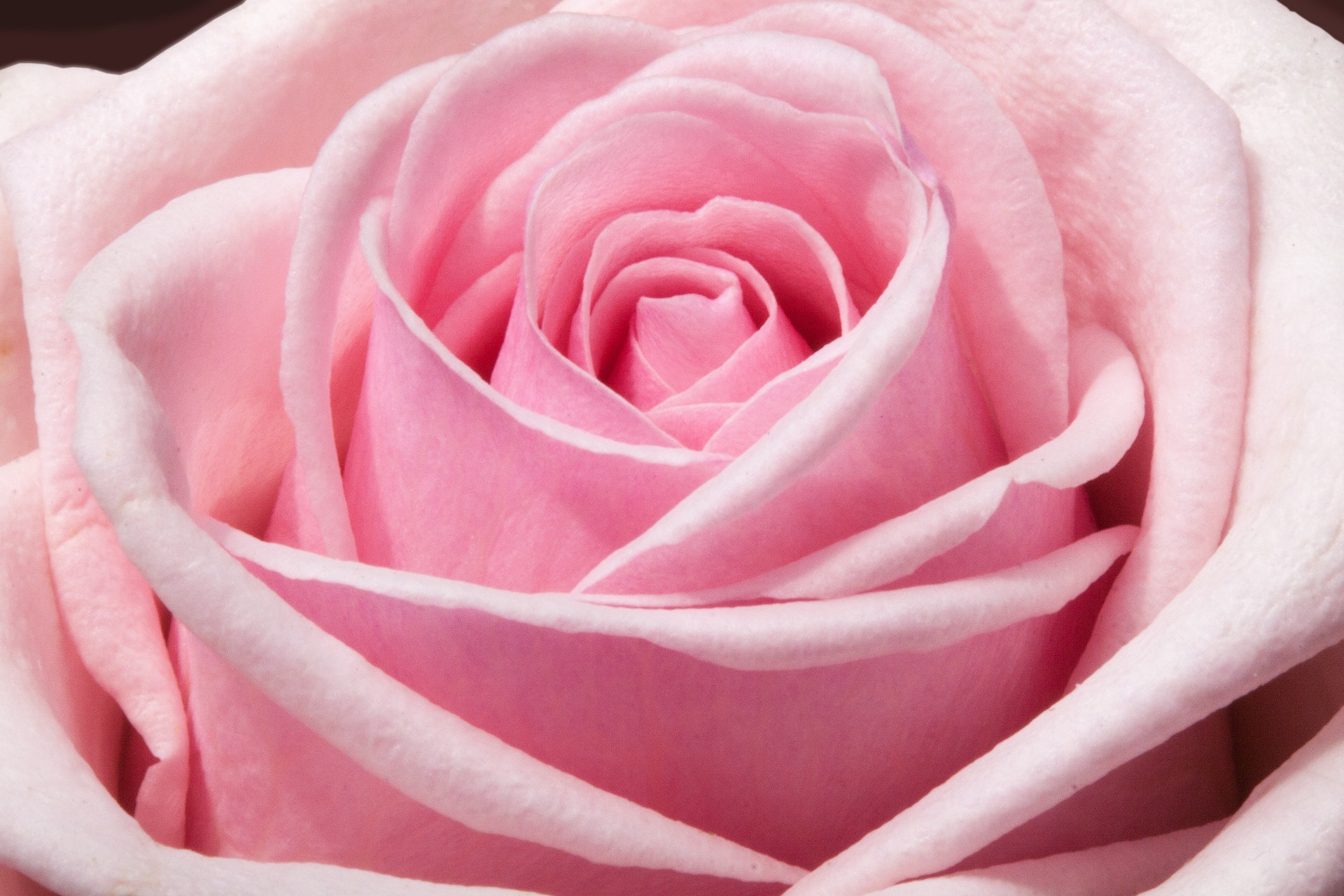It’s been said that Wicca doesn’t have sacred texts. I disagree. While it’s true that Wicca is an experiential religion, relying on one’s personal experience of Deity to define one’s beliefs, it does have sacred texts: Gardner’s original Book of Shadows, Valiente’s Charge of the Goddess, and the bits of sacred writing of early Gardnerians and Alexandrians such as the Farrars, Patricia Crowther, and Raymond Buckland. These are writings that form the basis of Traditional Wicca, and while some of them haven’t aged well and are best left as historical artifacts, others, like the Charge of the Goddess, have much to teach us about the values of the Craft.
I was well into my second degree training when I took it upon myself to memorize the Charge as well as some other invocations and prayers extant in the Gardnerian tradition. Now, I am not Gardnerian. I don’t claim that lineage except as it informed and enlivened the tradition that I do practice. We have “Gardnerian DNA” in the respect that much of our outer court material was based on Temple of the Pagan Way’s teachings, which itself was based on Gardnerian outer court material. Most Wiccan traditions can say this about their history.
As a coven leader, teacher, and eternal student, I often find myself going back to the primary sources of Gardner, Valiente, Crowther, and the Farrars. The liturgy they have recorded in their books is powerful and meaningful. Some of it is sexist or heteronormative, but a lot of it can be rehabilitated to be more inclusive — and much of their works are already inclusive. The Charge of the Goddess, for example, transcends tradition and is used by many Pagan paths. It outlines a series of rules by which witches can live their lives, and its poetry is unmatched in any of the extant liturgy. Among other things, it outlines eight virtues that Wiccans can take into their lives as models of behavior.
Beauty and Strength
Beauty is a blend of serenity, wisdom, and affirmation. Strength is a blend of determination, endurance, and grace. They balance one another by offering a magnetic, attractive power (we are drawn to beauty) as well as an electric, projective power (we are driven by strength). We are called to have both virtues within us, but to carry them in balance so that one is not weakened by the focus on beauty or made unattractive by the focus on strength. This theme is found in the other coupled virtues as well.
Power and Compassion
Power in this context refers to personal power — our ability to act in the world. Compassion separates what we should do from what we can do. There is balance in when to exercise the projective force, power, and when to use the attractive force, compassion. Too much power, and you become ruthless. Too much compassion, and you become a doormat. The Charge calls on us to be neither of these things but rather to wield both power and compassion wisely.
Honor and Humility
Honor is a complex concept, but it basically boils down to personal and moral responsibility, uprightness, and respectability. Humility tempers honor by reminding us that we are all beings in the vast Web of Life, and none of us are superior to any other. There is balance here in the idea that honor must never prevail over humility, and humility must never become so pronounced as to be disreputable. Again, there is an electric force (honor) and a magnetic force (humility), keeping the polarity of opposites which intermingle.
Mirth and Reverence
Mirth is joy in life. Reverence is awe for life’s mysteries. Both are fully within our experience as living beings, and both should be celebrated in its proper time. There is balance in the experience of mirth, which is joyous and outward-projecting, and reverence, which is awesome and inward-dwelling. The Charge calls on us to celebrate the vast array of human experiences and also to wonder and be in awe of the mysteries which underpin those experiences. In this way, we neither become too caught up in the mundane experience of life nor too caught up in the spiritual “woo” which can distract us from more practical considerations.

